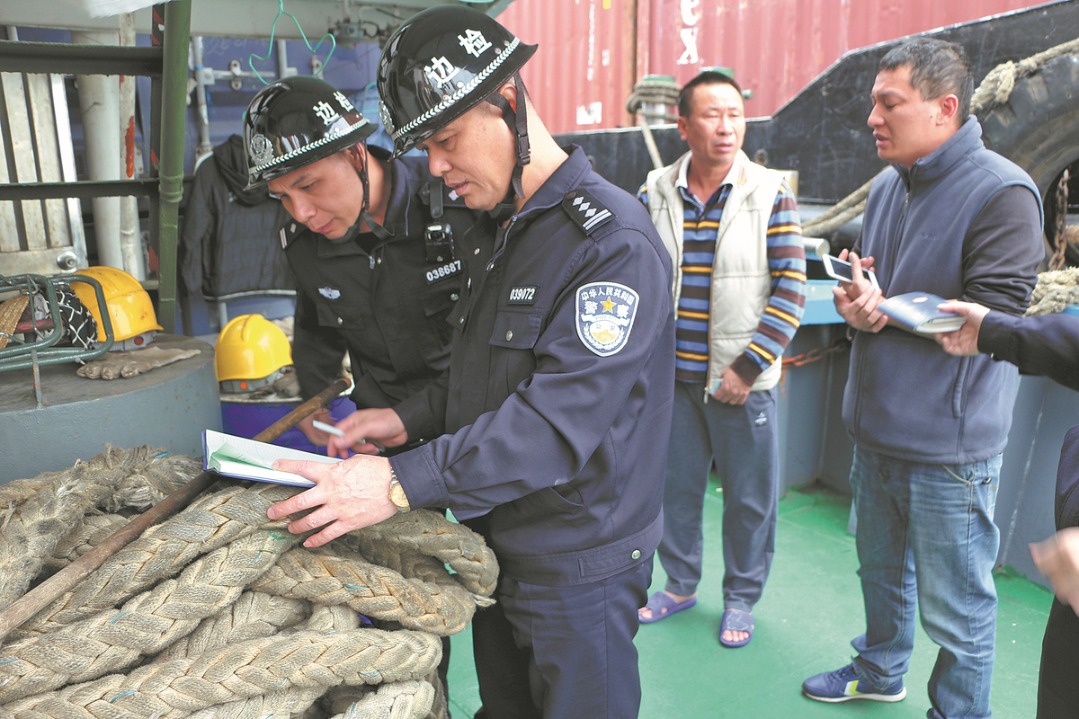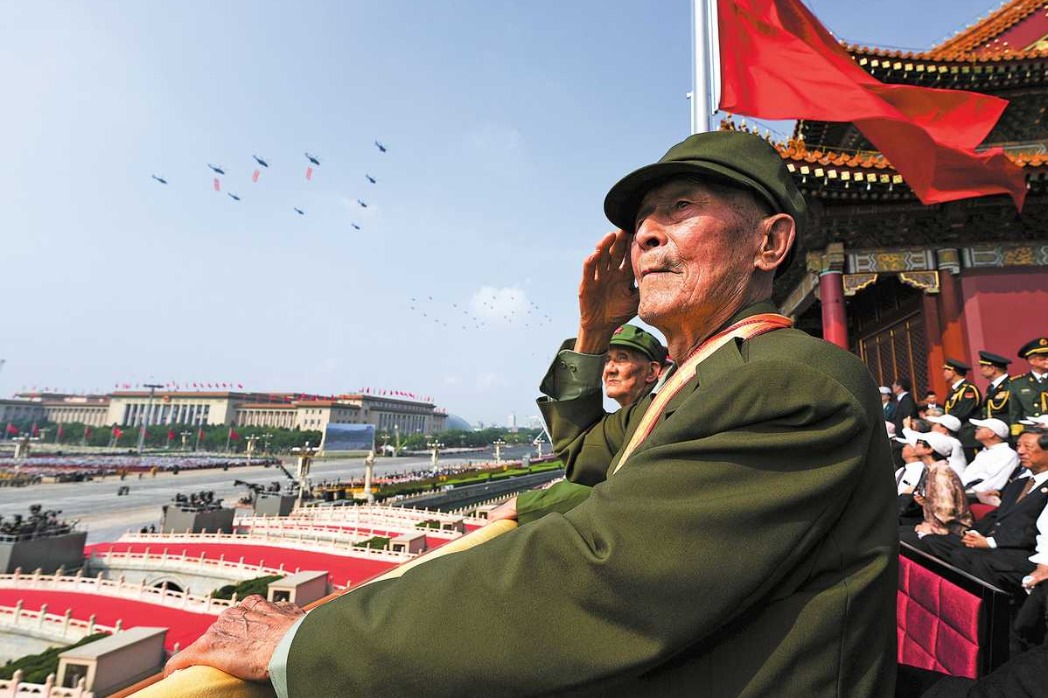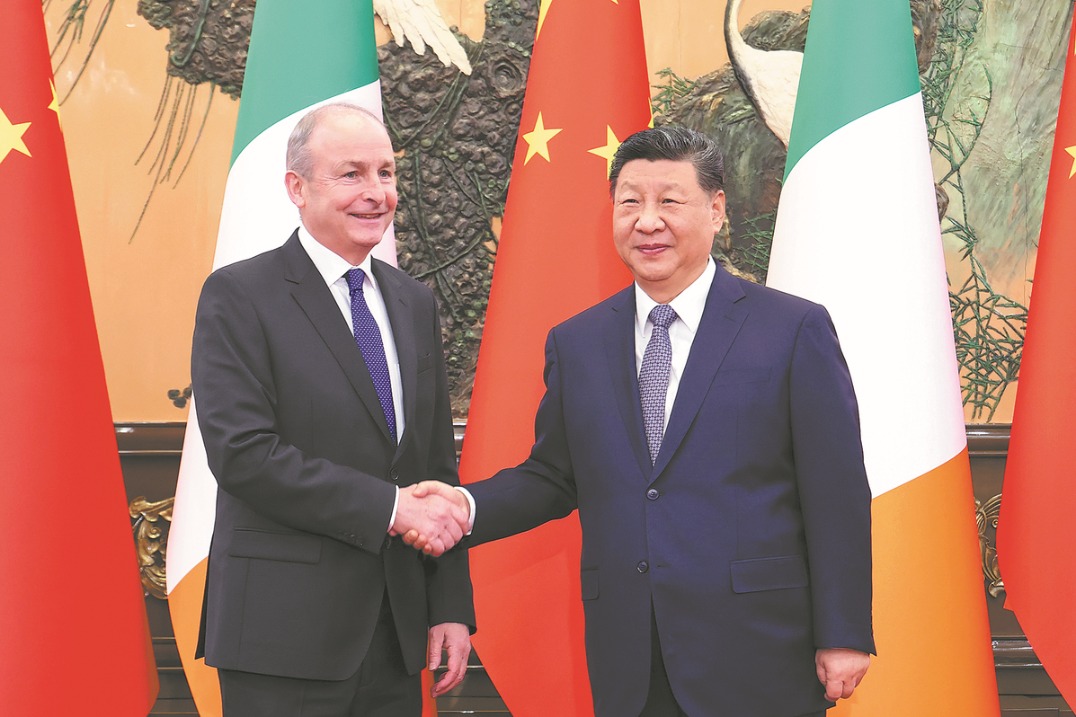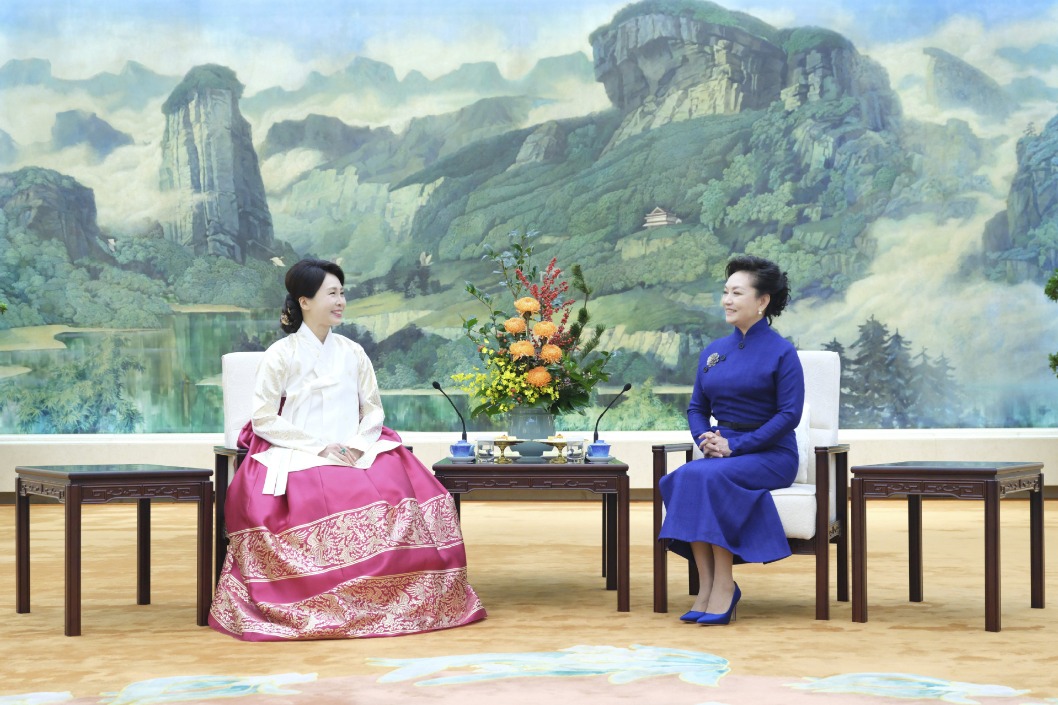Albanese reaps dividend of not toeing US line


Labor Party leader Anthony Albanese became the first Australian prime minister in 21 years to secure a second consecutive term, when he claimed victory in the federal election on Saturday.
US Secretary of State Marco Rubio congratulated Albanese on his election to a second three-year term, saying that "The United States looks forward to deepening its relationship with Australia to advance our common interests and promote freedom and stability in the Indo-Pacific and globally". But the Albanese government has increased its majority by not modeling itself on the incumbent US administration.
Instead of stressing the "shared values" that Rubio highlighted in his congratulatory remarks, Albanese told supporters in Sydney after his win in the election that: "Australians have chosen to face global challenges the Australian way, looking after each other while building for the future," adding that "Today, the Australian people have voted for Australian values: for fairness, aspiration and opportunity for all; for the strength to show courage in adversity and kindness to those in need".
Labor had held a narrow majority of 78 seats in the 151-seat House of Representatives, the lower chamber where parties form governments, but is on track to increase its majority in its second term, which as many observed is attributable to the Albanese government's determination to draw a clear demarcation line with the US administration's beggar-thy-neighbor policy in trade and geopolitics.
If the US administration really hopes to drag Australia to its side, it should know the damaging impacts of its tariff policy and the chaos caused by its "Indo-Pacific" strategy in the Asia-Pacific, as well as Australia's energy policy, as inflation has been a major election issue in the country, with both the Labor Party and the Conservatives agreeing the country faces a cost of living crisis.
The central bank of Australia reduced its benchmark cash interest rate by a quarter percentage point in February to 4.1 percent in an indication that the worst of the financial hardship had passed. The rate is widely expected to be cut again at the bank's next board meeting on May 20, this time to encourage investment amid the international economic uncertainty generated by the US administration's tariff policy, according to a report of the Associated Press.
By contributing to regional peace and stability, promoting free trade and consolidating the stability of global industry and supply chains, the Albanese government can better help Australia cope with the economic challenges during its second term. A stable external regional environment will also serve Australia's interest.
Almost all regional countries have seen through the US' tricks in its "Indo-Pacific" strategy, which is to divide the region to meet its own narrow ends to contain China. And Australia has no reason to foot the bill for the US' geopolitical game.
Delivering his victory speech at a Labor event in Sydney, Albanese said that his government was taking on the task of repaying voters' trust "with new hope, new confidence and new determination. Together we are turning a corner and together we will make our way forward".
Saying that it was a time of profound opportunity for the nation, he said that "We have everything we need to seize this moment and make it our own, but we must do it together".
Beijing has congratulated the Labor Party and Prime Minister Albanese on their election victory, and said that China is willing to work with the Australian government to follow the important consensus reached by the leaders of the two countries and continue to promote the building of a more mature, stable and fruitful China-Australia comprehensive strategic partnership. A stable and healthy Sino-Australian relationship is conducive to benefitting the two countries and their peoples, and making positive contributions to promoting peace and stability in the region and the world.


































